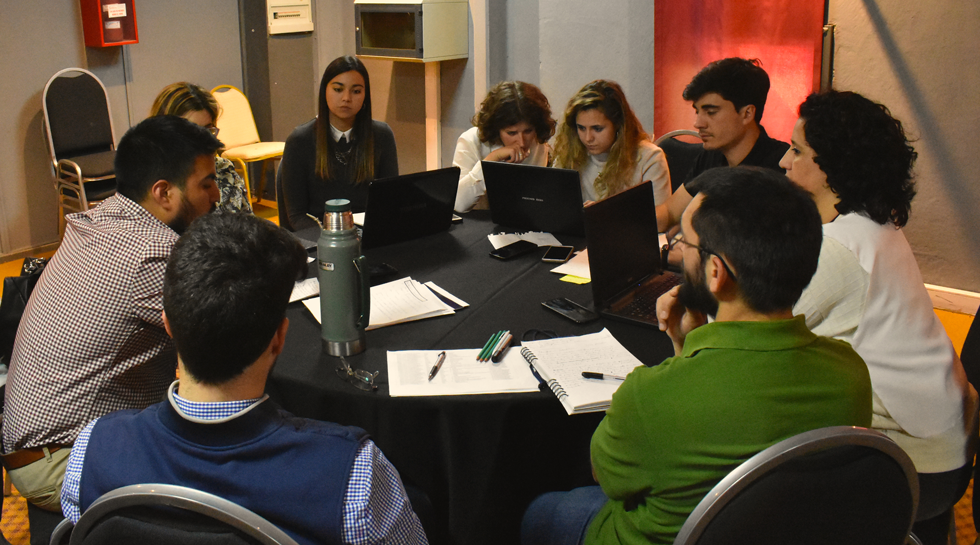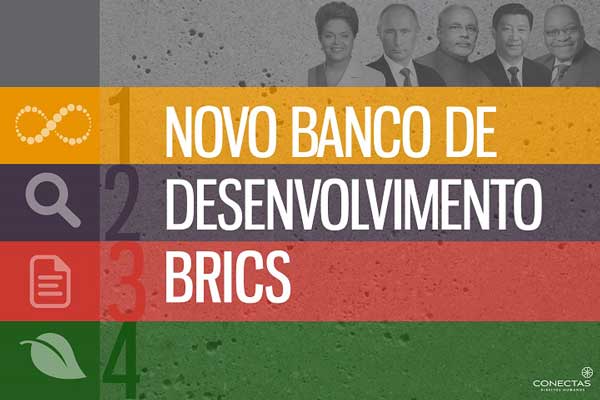Yesterday, in the framework of its last annual session, the Chamber of Deputies of the National Congress sanctioned the law of Minimum Budgets of adaptation and mitigation to Global Climate Change.
“Below, we offer a google translate version of the original article in Spanish. This translation may not be accurate but serves as a general presentation of the article. For more accurate information, please switch to the Spanish version of the website. In addition, feel free to directly contact in English the person mentioned at the bottom of this article with regards to this topic”.
The project promoted by Fernando «Pino» Solanas has the character of a minimum budget law, dictated within the framework of the powers that attend the National Congress under Art. 41 of the National Constitution. This implies that it must be applied throughout the territory of the Republic, including by Provincial and Municipal States. The regulation adds to the set of instruments of international law that regulate the phenomenon of climate change, that is, the United Nations Framework Convention on Climate Change, the Kyoto Protocol and the Paris Agreement, all ratified by the Argentine State .
Throughout its six chapters, the law includes, in broad strokes, general provisions, objectives, definitions and principles that guide public instruments and policies aimed at adapting and mitigating the effects of climate change. In turn, in chapter II, he creates the so-called “National Climate Change Cabinet” and an interdisciplinary Advisory Council. In chapter III, it demarcates the guidelines for the formulation of the “National Plan for Climate Change Adaptation and Mitigation” and the National Climate Change Information System. Then delineates measures and minimum actions of adaptation and mitigation, providing in its final part institutes linked to citizen participation and the right of access to information.
The brand new regulation establishes in large part of its articulated guidelines and objectives aimed at orienting public policies, while at the same time establishing norms of practical scope. Among some of them we can highlight:
- Principle of common but differentiated responsibilities: it implies the historical recognition of the unequal responsibility for the damages of global warming that should guide decisions regarding priorities, technology transfer and funds.
- Transversality of climate change in State policies: it implies that in all public and private actions, the impact of actions, measures, programs and ventures on climate change must be considered.
- Priority: principle according to which any adaptation and mitigation policy must prioritize the needs of the social groups most vulnerable to climate change.
- Citizen participation in the formulation of climate change response plans (adaptation and mitigation measures).
- Development of guidelines for incorporating into the processes of Environmental Impact Assessment considerations related to the impact of climate change.
- Climate change adaptation measures to be adopted by the National Climate Change Adaptation and Mitigation Plan, considering the impacts of the phenomenon on human health, in the energy matrix, with sensitivity in the areas most vulnerable to soil desertification processes, of populations located in more vulnerable areas, tending towards food sovereignty; contemplating the impact on glacier and periglacial environments and seeking the management of water heritage; at the same time it will tend to the planning of the territorial planning contemplating an environmentally sustainable land use.
- Mitigation measures to be adopted by the National Plan for Climate Change Adaptation and Mitigation, which promote the reduction and elimination of emissions, the use of renewable energies, energy self-sufficiency, the distributed generation of electrical energy, appropriate mitigation practices in the sector agro-livestock; the revision of urban planning and building standards.
- Promotion by each jurisdiction (provincial and municipal) of the processes of participation among stakeholders, in the definition of adaptation and mitigation actions.
- Access to environmental information on climate change.
- Interjurisdictional coordination through the Federal Environment Council for the implementation of actions and measures for the application of the law.
Undoubtedly, the law constitutes, in some way, fulfilling the obligation that weighs on the States to provide a regulatory legal framework to the phenomenon of climate change. However, as it was argued, the great majority of the articles have an orientation dye, formulated around political guidelines. Contrary to what is established in the vast majority of minimum budget laws in force in our country, the newly sanctioned legislation does not have a substantial regulation regarding the rights of communities linked to effective ways to demand the prevention, mitigation, repair of damages caused due to the effects of climate change, as well as regulations related to access to «climate» justice, procedural rights in particular, updating of environmental management instruments, all circumstances that could have been contemplated in order to respond to those human rights that today are affected by the effects of climate change. A laudable advance, but certainly not enough.
Author
Juan Bautista Lopez. juanbautistalopez@fundeps.org.ar



